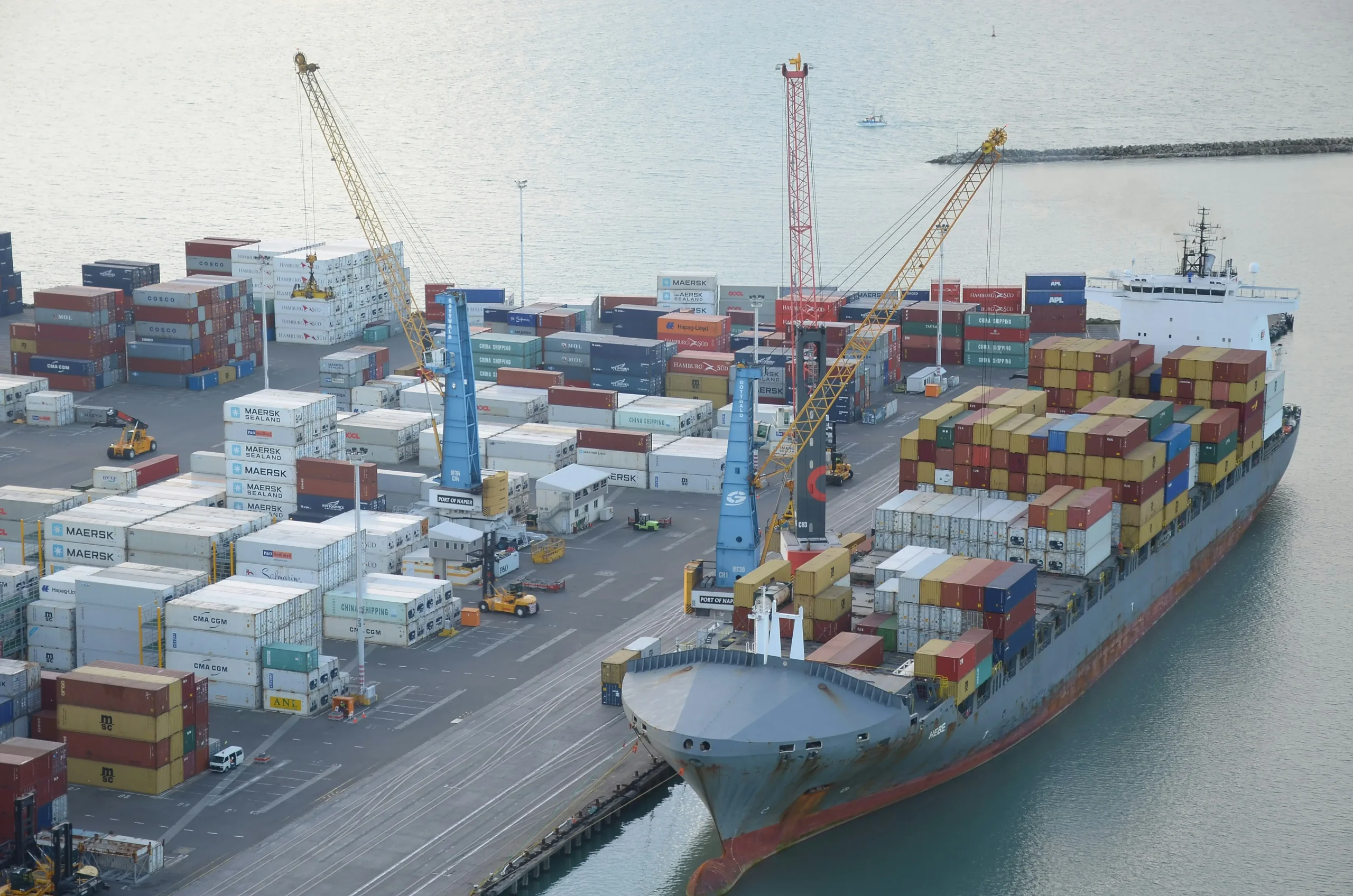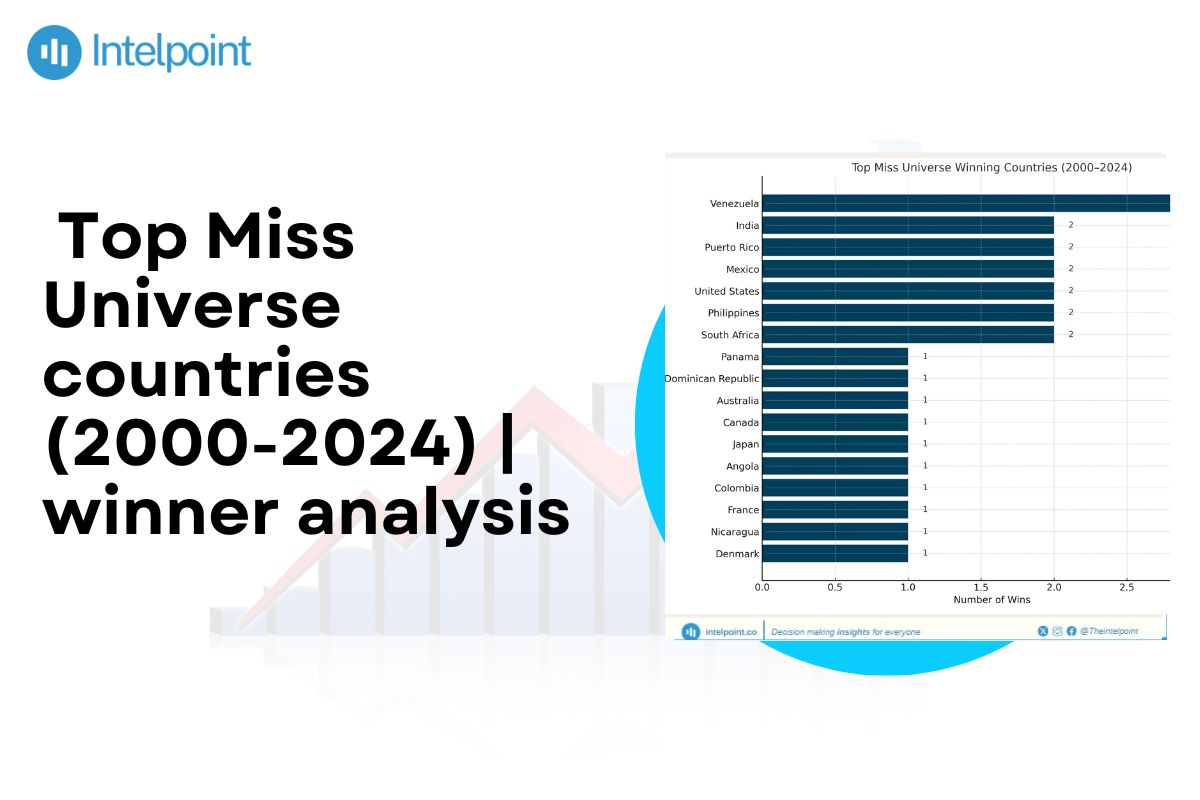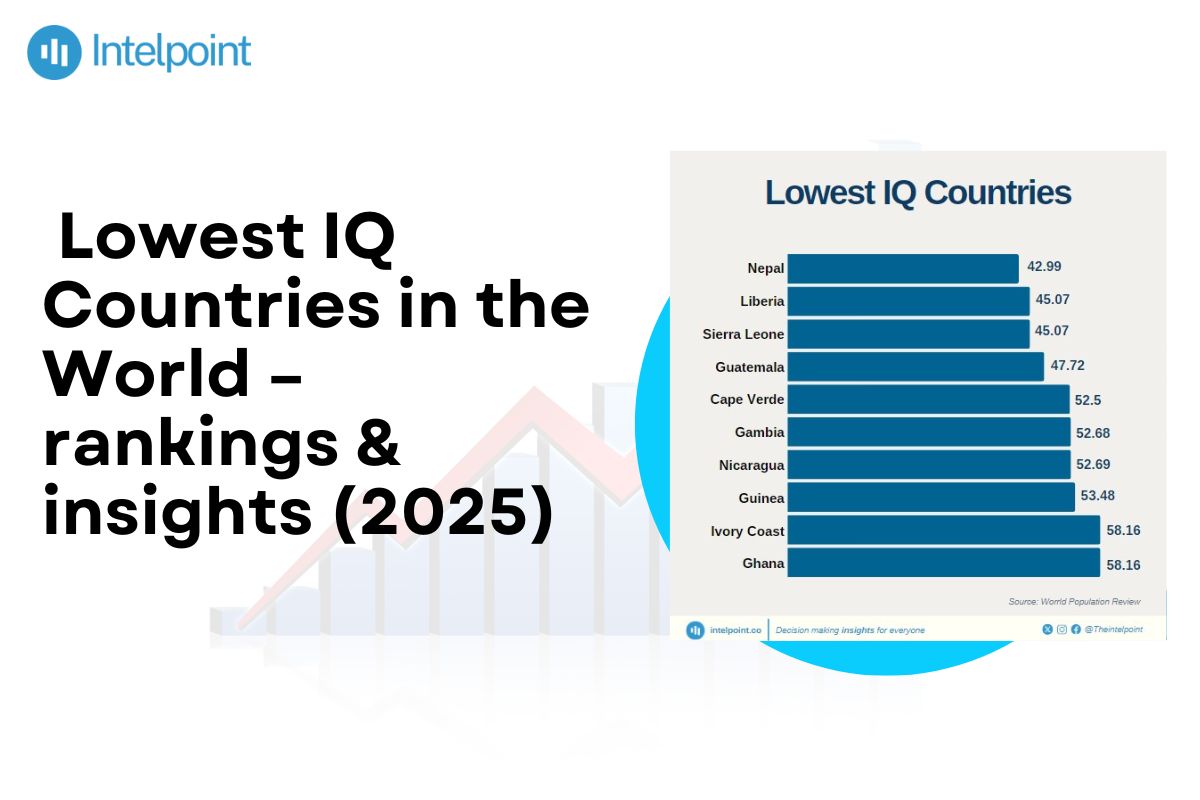[Updated on July 5, 2022]: An update to clarify the difference between the number of years since Nigeria got independence and how long Nigerian presidents and heads of states have been in office.
From 1999 till 2018, Nigeria’s Democracy Day was observed on May 29th to commemorate the country's return to democracy. However, shortly after the 2018 celebration, the federal government announced June 12 as the new date in recognition of the 1993 presidential elections conducted on June 12, won by MKO Abiola, but annulled by Ibrahim Babangida.
This Democracy Day is the last one Muhammadu Buhari will celebrate as a serving president. In the spirit of democracy, we are exploring some aspects of the current democratic dispensation — the seventh instalment since 1999 — in the build-up to the 2023 elections.
Since returning to democracy, Nigeria has had four presidents: Olusegun Obasanjo, Umaru Yar'Adua, Goodluck Jonathan, and the incumbent, Muhammadu Buhari, in that order.
After gaining independence from British rule in 1960, 16 presidents and heads of state have ruled Nigeria, with eight-a-piece for both military and civilian regimes. Also, Obasanjo and Buhari both served as military heads of state and civilian presidents, with their civilian rule in the fourth republic, which began in 1999.
As a country with diverse cultures and languages, there's always been ample conversation about the region the president is from. Interestingly, this also trickles down to state governors and other elected positions across the country.
The race to 2023 (from 1960)
After the 2019 elections that returned Buhari for his second and last civilian presidency, for equity, there have been demands that the next president should come from the southern region of the country.

By number of days spent in office, the south is currently ahead by a little over two years, whether or not May 29, 2023, is the last day of Buhari’s presidency. On the other hand, the two major regions have each produced two presidents since 1999: two from the north-west and one from the south-south and the south-west.

The clamour for a southern president for 2023 appears valid, going by regions of the four presidents of the fourth republic and considering that a southern president started the republic.
On the flip side, the two southern residents ruled for a combined 4,772 days (13 years), while northern presidents would have headed for 3,994 days (10 years and 11 months) by Buhari’s last day in office in 2023.
On a much broader scale, however, northern presidents and heads of state would have ruled for 16,506 days (45 years and 2 months) from October 1, 1960, till May 29, 2023. A wide margin when compared to southern presidents and heads of state with 7,213 days (19 years and 9 months).
Nigeria gained independence 62 years ago but has had presidents and heads of state for 64 years. This is because Nigeria’s first president (Dr Nnamdi Azikwe) and prime minister (Alhaji Abubakar Tafawa Balewa) held office simultaneously between October 1, 1963, and January 16, 1966.
Note that Balewa’s tenure began on August 30, 1957; however, his time in office during the post-independence period was considered in this piece.

Using both criteria from earlier, the above chart suggests that the southern region should produce not less than four presidents for at least the next 25 years to create balance.
Still on equity and narrowing in on the south alone, all its three geopolitical regions have occupied the highest political seat in the country, with the south-south producing one. In contrast, the other two each have two.
The south-eastern region, with two presidents (or heads of state), has had the least number of days in office at 1,032 days (two years and nine months), compared to the south-south with 1,850 days (five years) or the south-west with 4,331 days (11 years and ten months).

Again, on equity and considering the south, which geopolitical zone should produce the next Nigerian president?
While the zone is crucial, there’s the more critical concern about competence.
1960 to 2023: Military vs Civilian
By May 29, 2023, Nigeria would have had more days of civilian rule than military: 13,171 days of civilian rule to 10,548 days of military rule, with eight presidents and eight heads of state.
Both major regions have produced four civilian presidents, while six of the eight military heads of state were from the north, with the remaining from the southern region.

The fourth republic: voters’ angle
Judging by offline and online activities in the last few weeks, it appears more Nigerians are becoming more politically conscious. However, only the voter turnout at the 2023 general elections will determine whether this is true.
For a start, the Independent National Electoral Commission (INEC), Nigeria’s sole electoral body, resumed the Continuous Voter Registration (CVR) exercise in 2021 and set a target of not less than 120m registered voters for the 2023 general elections. For context, that number was 84 million in 2019. The most recent figures from INEC prove that it has a lot of ground to cover to meet its target by June 30, 2022, the last day for voters’ registration.

The graph above shows that the 2019 elections had the highest number of registered voters of all general elections since 1999. This increase extended to the number of new voter registrations — 16.58 million compared to 11.96 million in 2021. It also had the highest percentage change in the total number of registered voters.
The 2015 general election showed a decline in registered voters as INEC conducted fresh voters' registration. It was also the first time technology would be used at polling booths. Microchip-embedded permanent voters cards and smart card readers were used to confirm holders' identities while reducing electoral malpractices to the bare minimum.
If by June 30, 2022, INEC meets the 120m target, the 2023 elections would have the highest number of registered voters in the country’s history. It would also have the highest percentage change and the highest new voter registration.

At the polls
There are two sides to the coin: registering to vote and vote casting. Asides age, registration qualifies one to perform the civic duty of voting during an election.
Figures from past elections point to one thing: the number of registered voters doesn’t always translate to the same number of casted votes.
The highest turnout rate in all presidential elections since 1999 was 69.08% for the 2003 elections that returned Obasanjo for his second term as a civilian president. It’s also the highest turnout in the fourth republic at 42 million; no other presidential election comes close. Also, voter turnout has declined since the 2003 presidential election, the second general election in the fourth republic.
The upcoming elections seem to have aroused political consciousness in more Nigerians. Will this translate to a higher turnout?

The above representation shows the decline but comparing the voter turnout to registered voters paints a worse picture. See below:


The theory for the steady decline is that no formidable candidates were on the ballot in the recent presidential elections. Will this decline change in 2023?
Political parties of the fourth republic
A total of 106 political parties have participated in the last six presidential elections in Nigeria, with 135 presidential aspirants and a handful participating in more than two presidential elections. Seventy-three political parties participated in the last presidential election, but there are currently 18 registered political parties in the country, according to figures on INEC’s website.
Of the 106 political parties in past presidential elections, only 8 ever got above a million votes in a single election, while 11 had between 100,000 to 999,999 votes.

The map above points out the political parties with substantial votes in the past presidential elections, but some of these presidential elections have some peculiarities. The 1999 election, for instance, was the first general election after almost six years of military rule. Different parties won the 2011 and 2015 presidential elections, but their votes didn’t come from party loyalists, as both winners promised and projected a breath of fresh air, which garnered more votes.
People's Democratic Party (PDP), the only constant party in all elections since 1999, conducted its presidential primaries recently, with former vice president, Atiku Abubakar emerging as the presidential flag bearer. This was followed by Labour Party’s (LP) primaries which produced a former presidential aspirant under PDP and former Anambra State governor, Peter Obi, as the flag bearer. The ruling party, the All Progressives Congress (APC), recently conducted its primaries and former Lagos State governor, Bola Tinubu won the ticket.
No other political party has conducted presidential primaries that made waves like the three cited above.
Judging by online and offline conversations in the last few months and in the build-up to the 2023 general elections, there’s a third force in the person of Obi besides the two major political parties in the country.
Before Obi left PDP for LP, there was demand that PDP give its presidential slot to Obi, with some going as far as organising peaceful protests. The Group of Young Nigerians even promised PDP 10 million votes if Obi got the ticket. The group is under the auspices of the #TakeBackNaija Movement.
According to the most recent figures from INEC, Nigerian youth between 18 and 34 years of age had the highest share of the new voter registration as of June 6, 2022, with 4.857 million of the total 6.856 million.

Breakdown by occupation shows that the largest share of the newly registered voters is students — 35.67%.
Evidently, a political awakening is on the rise among the youths, millions of whom demanded more from the government with the #EndSARS movement in 2020, which gained global attention.
INEC has to register not less than 29.04 million voters before the end of June to meet its 120 million target. If you are a Nigerian, living in Nigeria, and of voting age without a voter’s card, you have a role in ensuring that INEC hits the 120 million mark.




